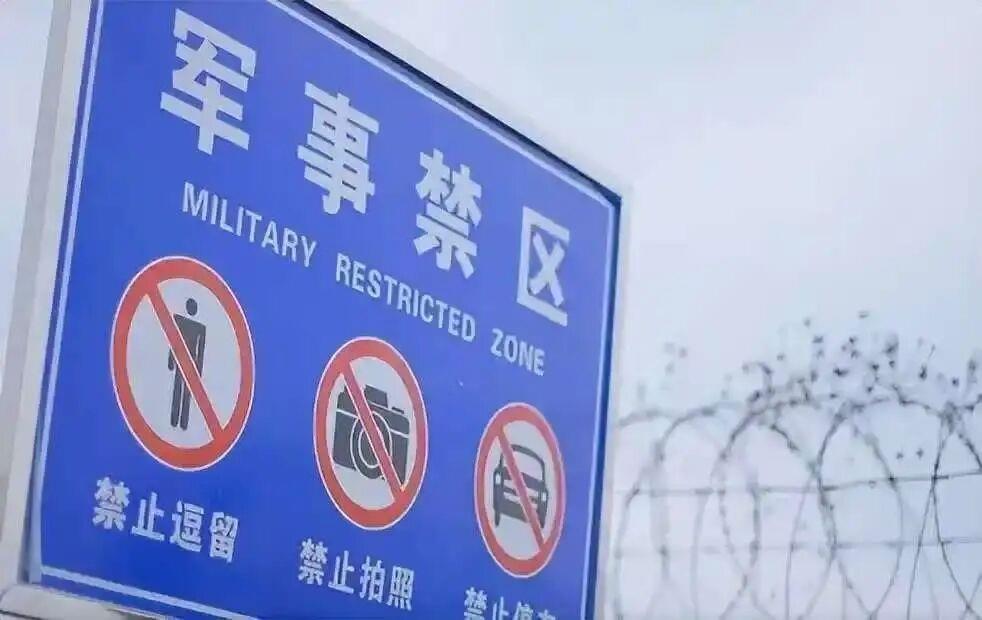On the path to a happy life, it is essential to remember that “no pain, no gain.” Any attempt to get rich overnight by “taking shortcuts” or “engaging in shady practices” is a waste of precious time and may even lead to the abyss of illegal activities and crime. Recently, a case was cracked down in which individuals within the country, in pursuit of improper gains, carried out organized espionage crimes.
Indulging in Comfort and Avoiding Hard Work, They Took the Wrong Path
Cao, Xia, and Zhang were close friends who met while working and often referred to each other as brothers. However, after long-term exposure to “gray industry groups” on foreign websites, the three gradually became dissatisfied with the income from regular work. They believed that with their “intelligence,” they could find a “shortcut” to make big money in the “gray industry.” By chance, Cao met a foreign intelligence agent on an overseas online platform. The two “hit it off immediately,” and the agent enthusiastically offered Cao a job collecting information on domestic military targets, promising high rewards. Although Cao was fully aware of the criminal nature of the task and clearly knew the other party was a foreign intelligence agent, tempted by money, he chose to disregard national security and the law. He actively became the agent’s “pawn,” setting up an “observation post” near a key military area as instructed and regularly reporting dynamic information on important military targets. Even more astonishingly, Cao did not conceal these espionage activities but instead proactively introduced Xia and Zhang to the foreign intelligence agent, recruiting them into the scheme and leading his friends down the path of crime.

Taking Risks, Anxious and Fearful
Cao, Xia, and Zhang were fully aware of the criminal nature of their espionage activities. To avoid detection, the three lived in different locations, communicated using encrypted overseas software, and even purchased items like food delivery uniforms and fishing rods in an attempt to disguise their criminal actions. Despite these measures, their inner unease grew day by day due to their crimes. After being apprehended, they admitted, “We are seen as ‘traitors’ in others’ eyes, constantly worried about being reported,” and “We haven’t had a single peaceful night’s sleep.”
Unfortunately, despite their intense inner turmoil, Cao and the other two did not choose to surrender to the national security authorities. They believed that their disguises as “food delivery workers” and “fishing enthusiasts” were flawless and held onto hope. Little did they know that justice has long arms—the national security authorities quickly became aware of the situation and took action. In the end, Cao, Xia, and Zhang were sentenced to 17 years, 13 years, and 9 years in prison, respectively, for espionage and illegally providing state secrets to foreign entities.

National Security Authorities Advisory
Article 110 of the Criminal Law of the People’s Republic of China stipulates that joining an espionage organization or accepting tasks from espionage organizations or their agents, thereby endangering national security, is punishable by fixed-term imprisonment of not less than 10 years or life imprisonment; if the circumstances are relatively minor, the punishment is fixed-term imprisonment of not less than three years but not more than 10 years.
Article 111 of the Criminal Law of the People’s Republic of China stipulates that stealing, spying, buying, or illegally providing state secrets or intelligence for foreign institutions, organizations, or individuals is punishable by fixed-term imprisonment of not less than five years but not more than 10 years; if the circumstances are especially serious, the punishment is fixed-term imprisonment of not less than 10 years or life imprisonment; if the circumstances are relatively minor, the punishment is fixed-term imprisonment of not more than five years, criminal detention, public surveillance, or deprivation of political rights.
Safeguarding national security and winning the prolonged battle against espionage requires active participation from the whole society. Let us join hands and work together to build an iron wall against espionage.



